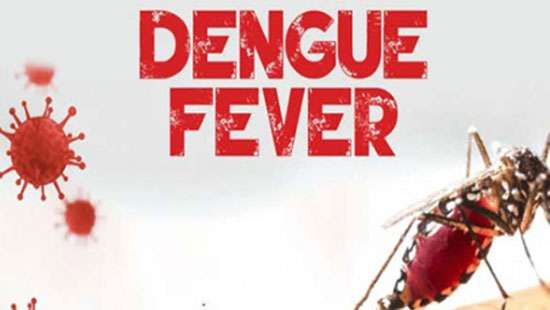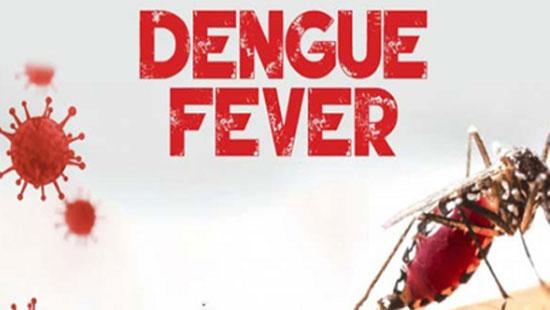Reply To:
Name - Reply Comment

 WHO, Dec 22 - A notable resurgence in dengue cases has been observed globally in 2023, characterized by a significant increase in the number, scale, and simultaneous occurrence of multiple outbreaks, the World Health Organization (WHO) said.
WHO, Dec 22 - A notable resurgence in dengue cases has been observed globally in 2023, characterized by a significant increase in the number, scale, and simultaneous occurrence of multiple outbreaks, the World Health Organization (WHO) said.
The WHO has documented this recent surge in its press release, highlighting the alarming nature of the increase in dengue cases.
This uptick comes on the heels of a slight decline in cases between 2020 and 2022, attributed to the COVID-19 pandemic and lower reporting rates.
Dengue transmission follows a cyclic pattern, and large outbreaks every 3-4 years can be expected. During the COVID-19 pandemic, there was a mix of moderate and low transmission in various regions, leading to an accumulation of individuals without immunity to certain dengue virus serotypes. However, comprehensive data on circulating dengue serotypes remains limited.
Since the beginning of 2023, ongoing transmission and an unexpected spike in dengue cases have resulted in numbers approaching a historic high. The reported cases have surpassed five million, accompanied by more than 5,000 dengue-related deaths. These figures encompass over 80 countries/territories and five WHO regions globally, including Africa, the Americas, South-East Asia, Western Pacific, and the Eastern Mediterranean Regions. The Region of the Americas, in particular, has borne the brunt, with approximately 80% of the cases, totaling 4.1 million.
Dengue, recognized as the most widespread arbovirus, causes the highest number of arboviral disease cases in the Region of the Americas, with cyclic epidemics recurring every 3 to 5 years. Additionally, clusters of autochthonous dengue cases have been reported in the WHO European Region. However, these reported numbers likely underestimate the true burden, as many primary infections are asymptomatic, and dengue reporting is not mandatory in numerous countries.
The escalating risk of the dengue epidemic is associated with several factors outlined in the WHO press release. These include the changing distribution of vectors, primarily Aedes aegypti and Aedes albopictus, especially in countries previously naïve to dengue. Other contributing factors include the consequences of El Niño phenomena in 2023, climate change leading to increased temperatures, high rainfall, and humidity, as well as fragile health systems amid the ongoing COVID-19 pandemic. Political and financial instabilities in countries facing complex humanitarian crises and high population movements further exacerbate the challenges posed by the epidemic. Weaknesses in surveillance systems in many affected countries may have led to delayed reporting and response, potentially contributing to increased severe dengue outcomes.
WHO has conducted a global risk assessment, concluding that the risk of the dengue epidemic is high globally, considering the increasing risk of transmission and the upsurge of cases and deaths.